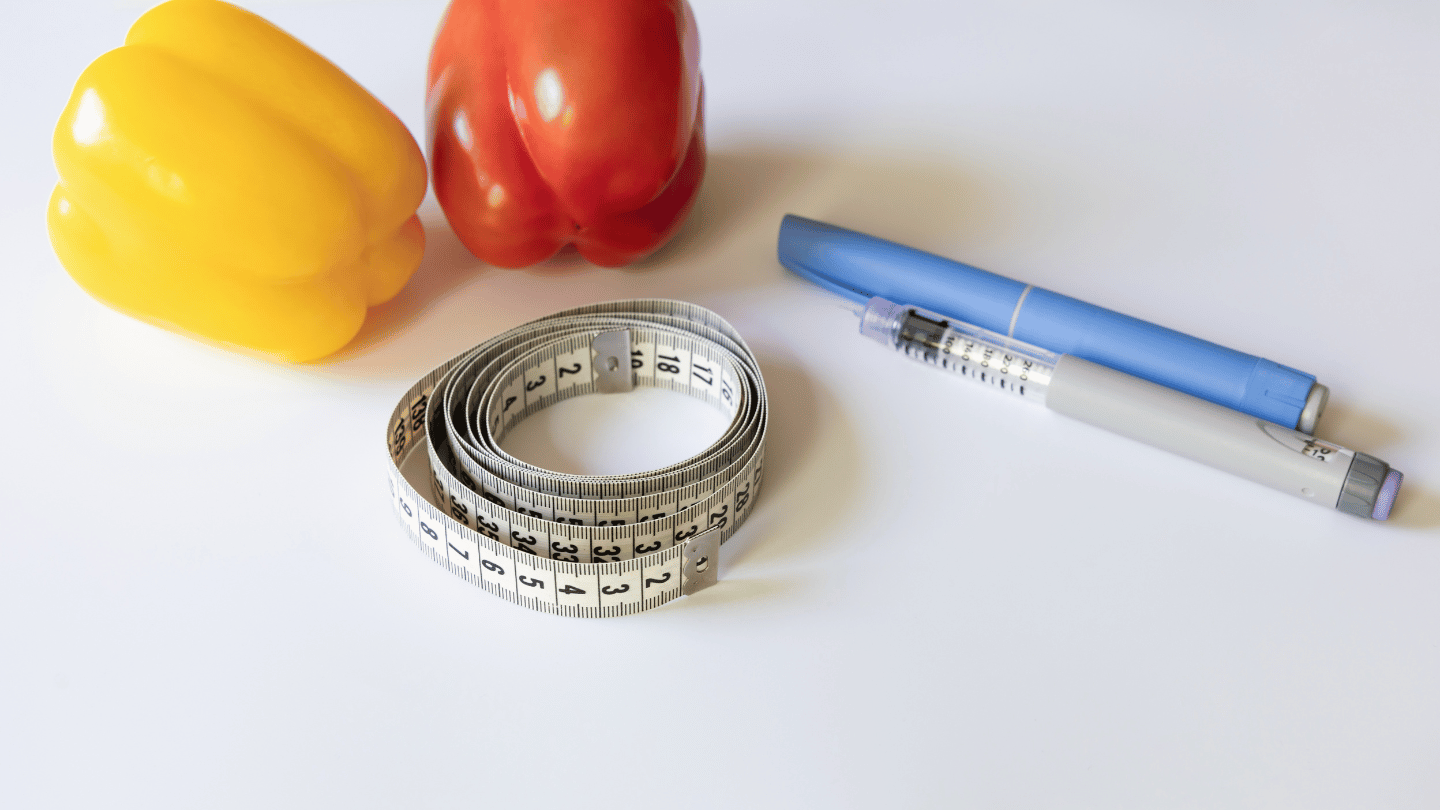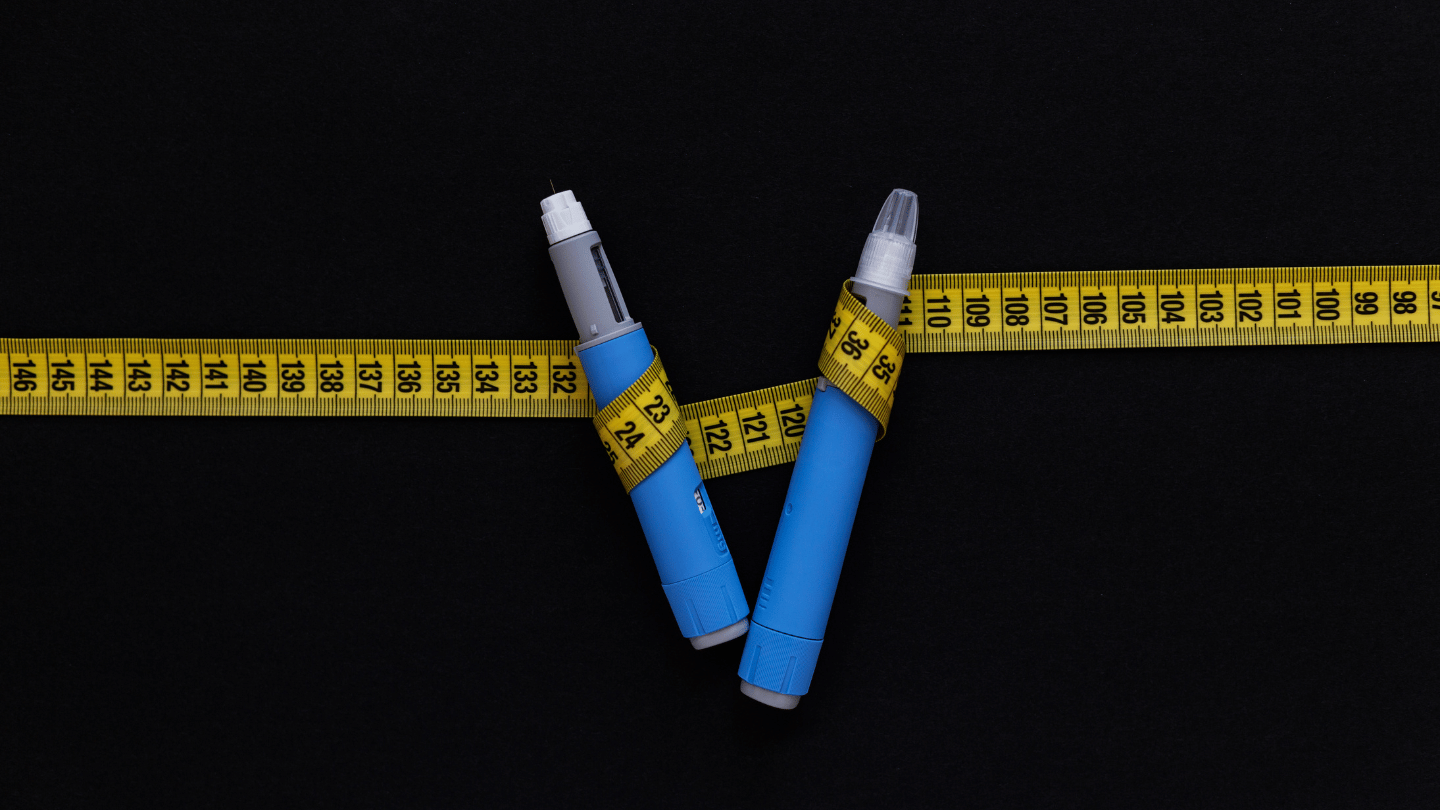Clonidine is used to treat a variety of conditions due to its actions on the brain. Originally developed to treat hypertension (high blood pressure), it helps prevent heart attacks, strokes, and kidney failure.
Clonidine’s calming effect also makes it helpful in treating attention deficit hyperactivity disorder (ADHD) by decreasing hyperactivity, impulsivity, aggression, overarousal, and insomnia. It is used to treat symptoms of alcohol, opioid, and nicotine withdrawal by reducing sweating, hot flashes, watery eyes, and anxiety.
Additionally, some patients with anxiety disorders experience fewer anxiety attacks when treated with clonidine. Diabetic neuropathy, the pain and tingling sensations caused by diabetes, can be treated directly with a transdermal patch or topical cream.
Dosage
Clonidine is available in tablet form. The usual dose is between 0.1 and 0.2 mg. For blood pressure control, the clonidine patch is applied to the arm or chest for a week. In diabetic neuropathy, the patch or topical cream is applied directly to the painful area.
Common Side Effects
- Dry mouth
- Drowsiness
- Dizziness
- Lightheadedness
- Irritability
- Tiredness
- Moodiness
- Insomnia
- Nightmares
- Headaches
- Ear pain
- Fever
- Feeling overly warm
- Constipation
- Diarrhea
- Abdominal pain
- Increased thirst
- Decreased libido
- Impotence or difficulty achieving orgasm
- Runny or stuffy nose
- Cough
- Sore throat
Cost of Clonidine
Clonidine costs $4 to $6 for a bottle containing 30 tablets of 0.1 mg. Click here to find the cheapest pharmacy near you and download coupons.
How to Get a Prescription for Clonidine
Clonidine is a prescription drug that needs to be prescribed by a licensed prescriber or physician. Did you know? QuickMD can refill most medications remotely through telemedicine and prescribe clonidine online—no insurance is needed.
















